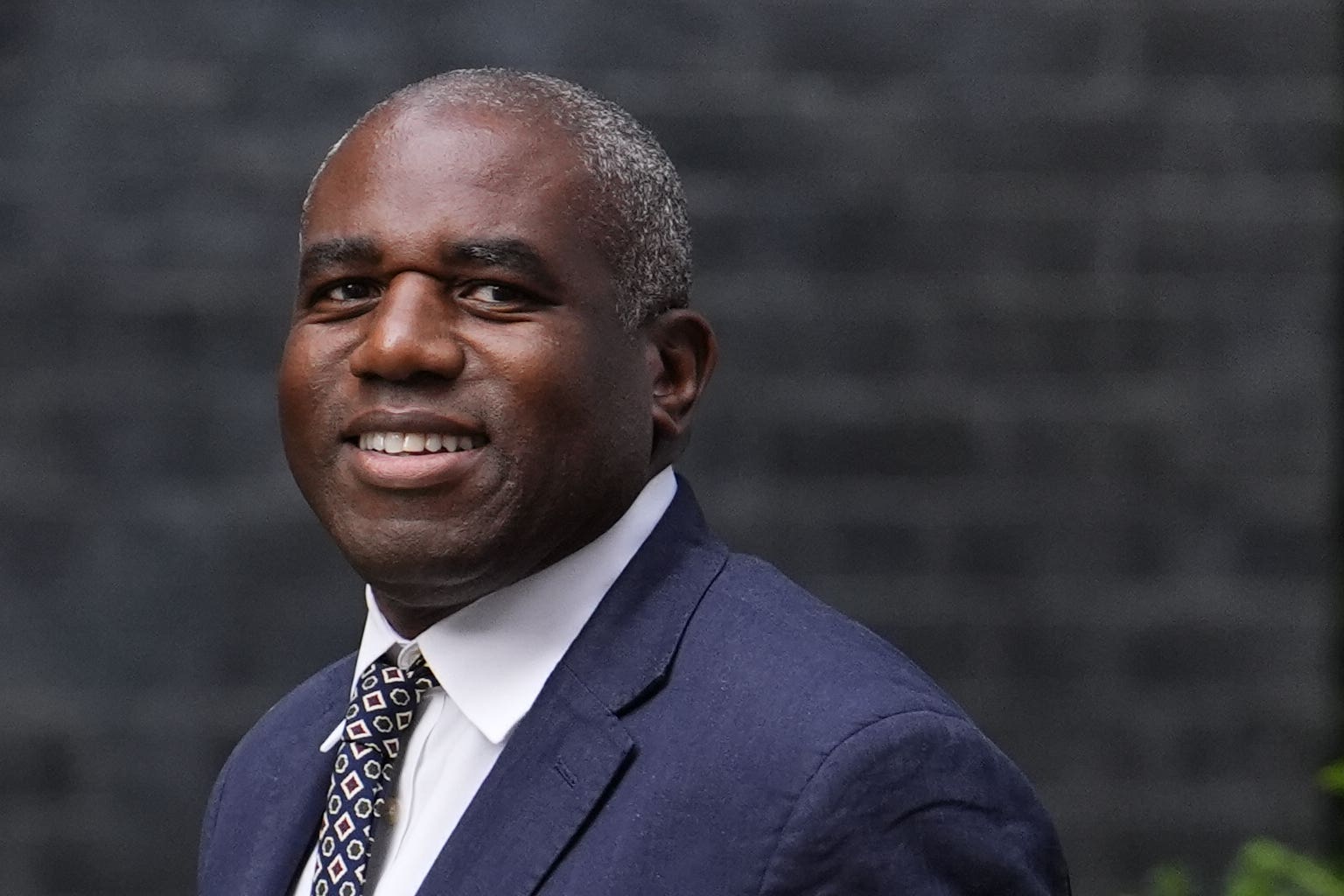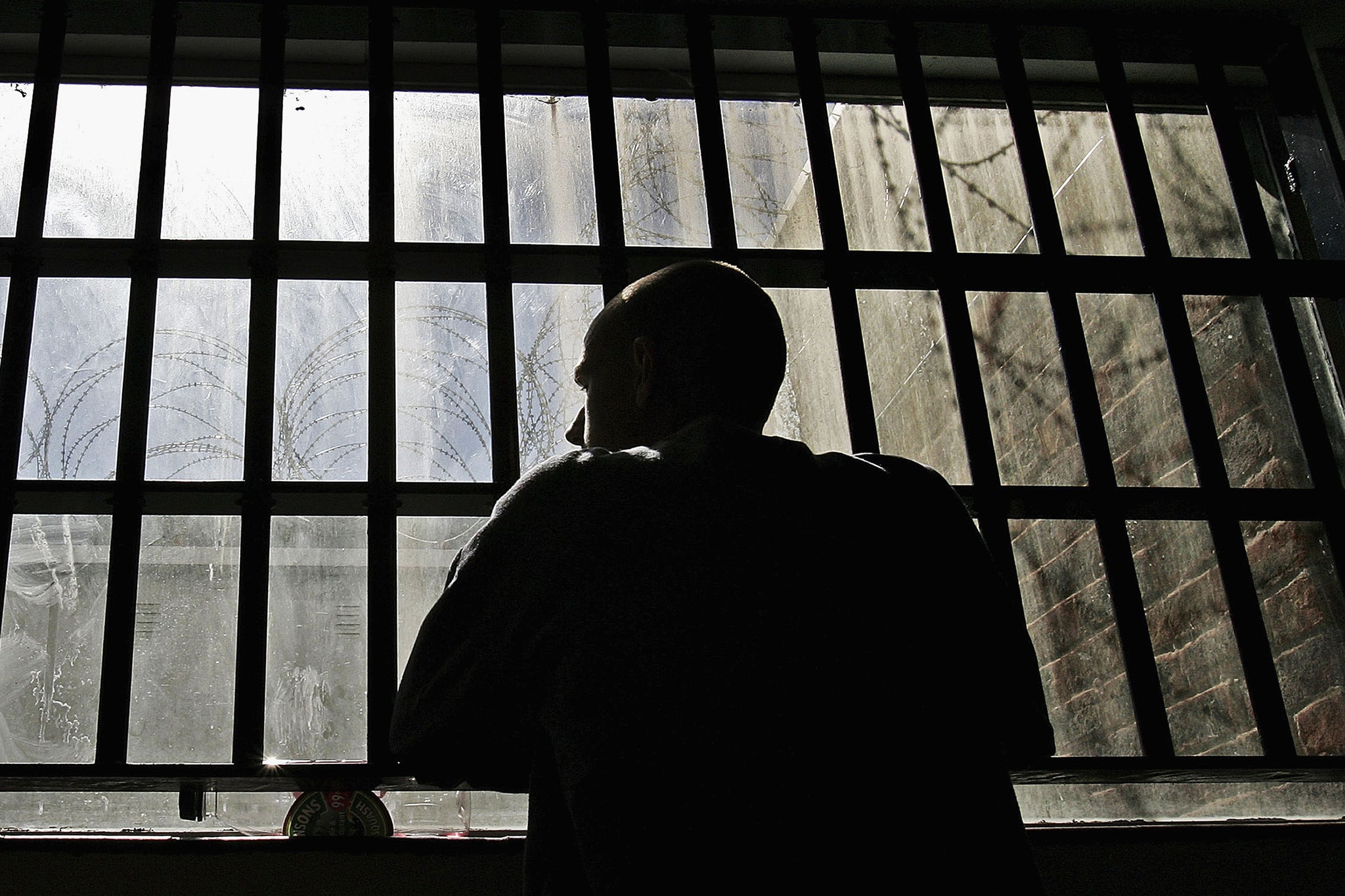Nazanin Zaghari-Ratcliffe has called for new justice secretary David Lammy to “end arbitrary detention” in Britain as she throws her weight behind the plight of thousands trapped on abolished indefinite jail terms.
The dual British-Iranian national, who made worldwide headlines after she spent almost six years detained in Iran, has described Imprisonment for Public Protection (IPP) jail terms as “fundamentally wrong”.
The open-ended punishments – which have been branded inhumane by the UN – were abolished in 2012, but not retrospectively. Almost 2,500 people are still languishing in British jails without a release date – including for some minor crimes.
Victims of the scandal, whose tragic cases have been highlighted by The Independent, include: Leroy Douglas, who has served almost 20 years for robbing a mobile phone; Thomas White, 42, who set himself alight in his cell and has served 13 years for stealing a phone; and Abdullahi Suleman, 41, who is still inside 19 years after he was jailed for a laptop robbery.
Ms Zaghari-Ratcliffe, who was finally freed in 2022 following years of diplomatic negotiations and the British payment of a £400m debt to Iran, said Mr Lammy promised to help those arbitrarily detained overseas when he was foreign secretary.
“Now he is justice secretary, I hope he will take that commitment to ending arbitrary detention at home,” she told The Independent ahead of a panel event on the jail terms at Labour Party conference.

The mother, 47, revealed she had first read about IPP jail terms before she was arrested. However the injustice of their situation “hit differently” after she spent years being held in Iran’s notorious Evin prison accused of spying.
“I felt much more the injustice of what the prisoners are going through, and the pain of feeling like your imprisonment is never ending,” she added.
“It is fundamentally wrong to keep people in prison beyond any crime. Punishment should fit the crime, not operate independently of it.
“I was really shocked that open ended imprisonment exists in the UK. You expect it in somewhere like Iran, that the authorities just play with sentences and people’s lives.
“I didn’t expect that from the UK government, particularly after ministers acknowledged the injustice in my own case. It is odd that they refuse to see the injustice at home.”
Despite the abolition of the jail terms following a damning ruling from the European Court of Human Rights, successive governments have refused calls to resentence those already detained.
Instead they must convince a Parole Board they are safe to be freed. However, without a release date, many have languished for years longer than their minimum tariff while their mental health deteriorates.

Ms Zaghari-Ratcliffe fears the government’s inaction risks more lives being lost after at least 94 IPP prisoners have taken their own lives as they lose hope of ever being freed.
She added: “Of course I’m worried. We all should be. Lots of the hostages held in Iran ended up feeling suicidal, and many end up acting on it.”
Even once they are released, many IPP prisoners find themselves in a vicious cycle of recall which can see them hauled back to prison indefinitely for minor breaches of strict licence conditions.
“I do also worry for the sanity of those released, fearful of being put back inside again,” she continued.
“I remember how hard it was for me on the ankle tag, the fear of sudden imprisonment looming again. It was paralysing. I feared the outside world. That fear stayed with me long after I came home. It takes a very long time to believe in normality.
“I don’t think the government appreciates the pain its policy causes – on the prisoners but also on their families. There is this ripple effect. The shadow is debilitating for so many lives.”

She branded the open-ended jail term as “inherently arbitrary and capricious” given the majority of unreleased IPP prisoners have served at least ten years longer than their original minimum tariff.
She added: “I think the government needs to stop looking the other way. It doesn’t make sense that the sentence was declared illegal years ago, and yet people are still being held on it.
“It was a Labour government that introduced this injustice, and this Labour government needs to resolve it.”
The UN Working Group on Arbitrary Detention is currently investigating whether Britain is breaching international human rights law following a major complaint on behalf of five IPP prisoners submitted earlier this month.
The government is also considering separate proposals, put forward by the Howard League for Penal Reform and a former top judge, for all IPP prisoners to be given a release date at their next review by the Parole Board within a two-year window.
Ms Zaghari-Ratcliffe is joining a panel event on the IPP jail terms with campaign group the United Group for Reform of IPP (UNGRIPP) and Akiko Hart, director of Liberty, on Tuesday.
